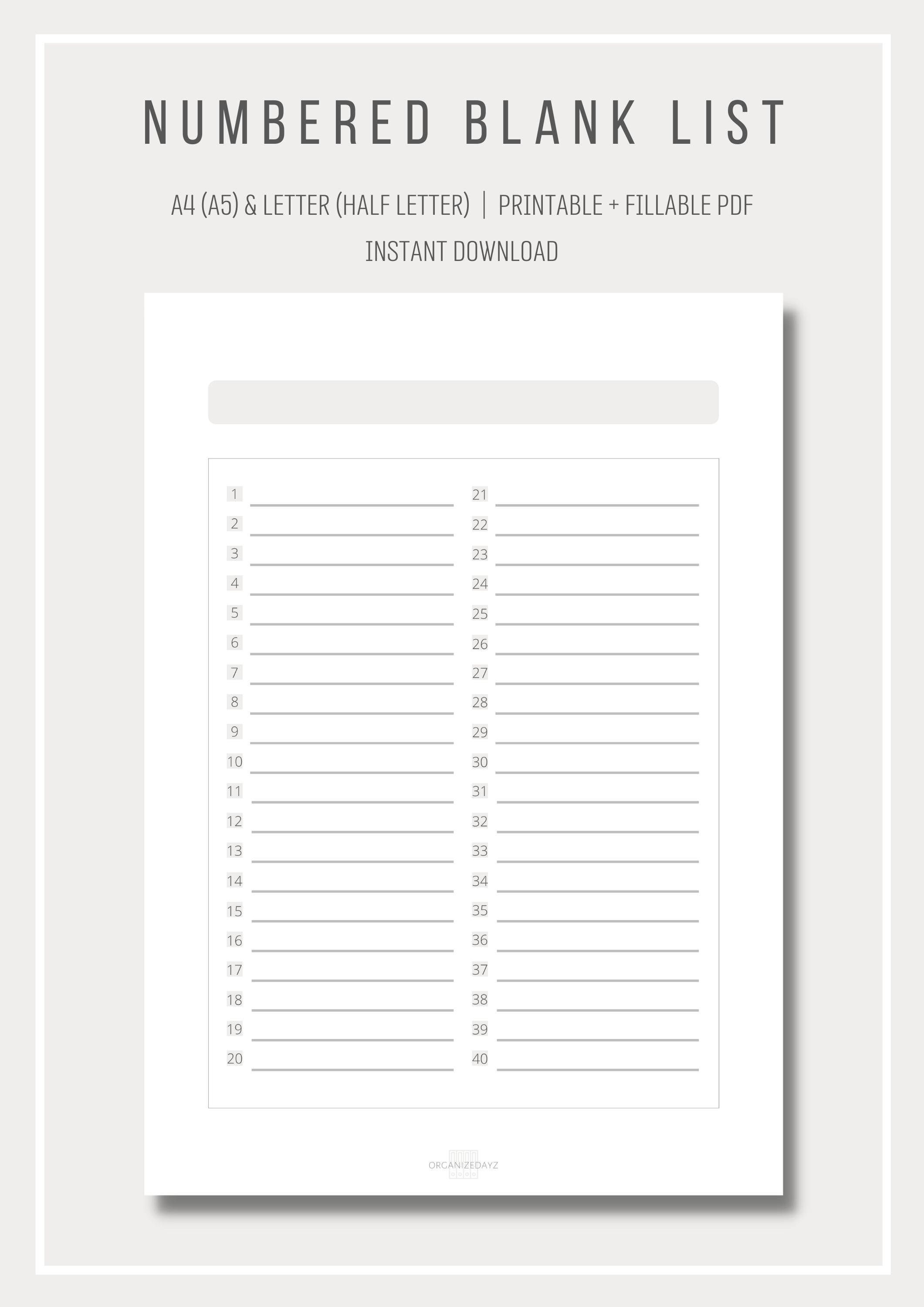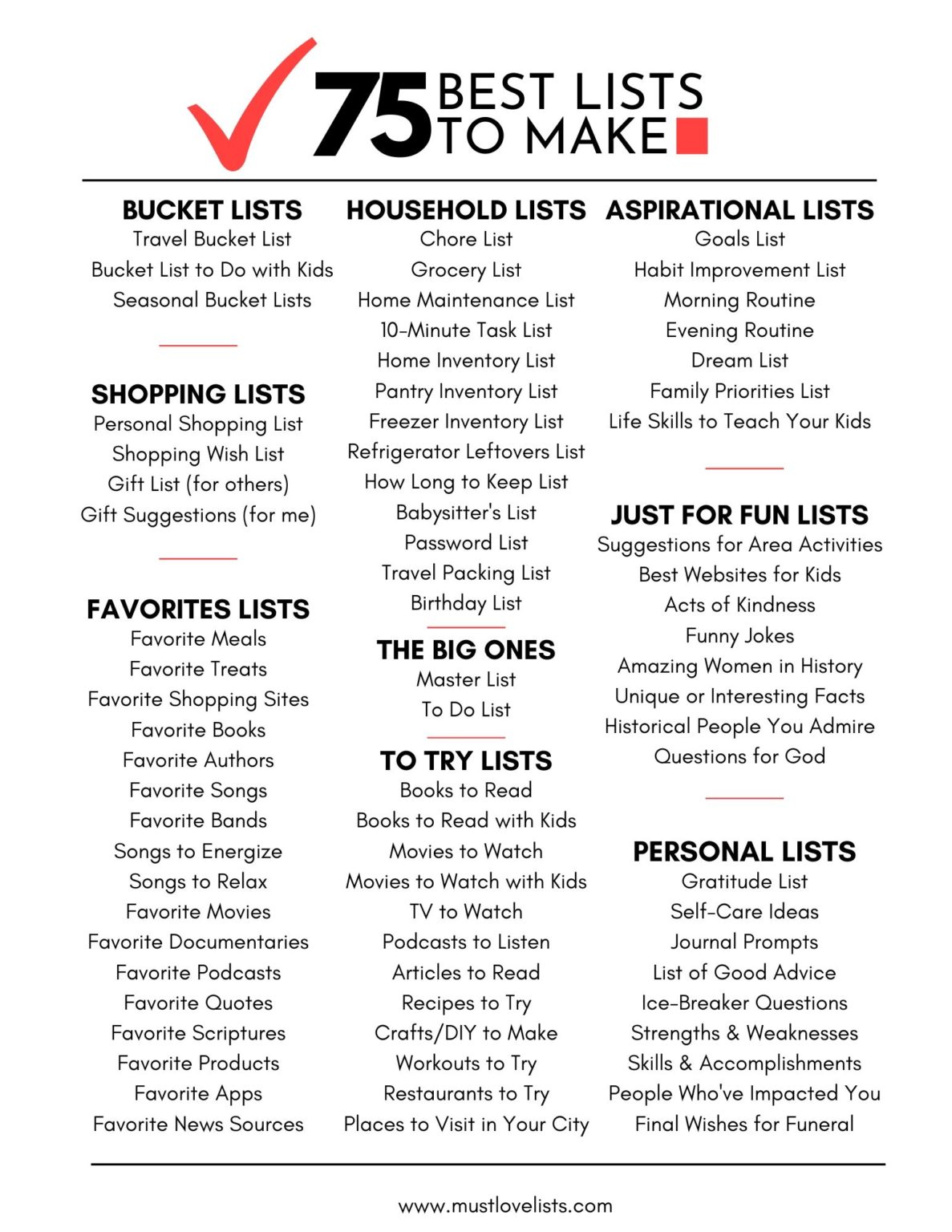Finding And Using Information: List Crawling Louisville KY
There's a lot of talk these days about finding information, especially when you need specific details about a place like Louisville, Kentucky. Whether you're a local business owner, a community organizer, or just someone curious about what's happening, getting your hands on good, organized lists of information can make a big difference. It's about knowing where to look and how to put those pieces together, you know, to really see the whole picture. So, figuring out how to do what some folks call "list crawling Louisville KY" is a pretty useful skill, actually.
Imagine trying to find all the independent coffee shops in a particular neighborhood, or maybe every upcoming art show in the city this spring. That kind of information often lives in various spots online, like different websites or community calendars. Gathering it all up, making a neat list, that’s where the idea of "list crawling" comes in. It’s a way to systematically collect bits of data, turning scattered facts into something truly helpful for whatever you’re working on, pretty much.
This whole process isn't just for tech wizards, by the way. Anyone can learn to find and organize information better, especially when it comes to local insights. We'll explore what it means to gather lists about Louisville, why it matters, and how you can do it responsibly and effectively. It’s about being smart with how you find and use public information, which is a big deal in today's world, honestly.
- Unveiling The Fortune Of Mirtha Jung Secrets Of Wealth Revealed
- Get In The Car Elizabeth
- Unveiling The Truth Alicia Menendezs Marital Status Revealed
- Unveiling The Extraordinary World Of Batya Ungarsargon Through Wikipedia
- Uncovering The Heartwarming Story Mike Miles Parents Meet Mother Jeanee Miles
Table of Contents
- Understanding List Crawling in Louisville
- Why Gather Louisville Information?
- What Kind of Louisville Lists Can You Find?
- How to Approach Gathering Louisville Lists
- Respecting Information and Privacy
- Common Questions About List Crawling Louisville KY
- Making the Most of Your Louisville Lists
Understanding List Crawling in Louisville
When we talk about "list crawling Louisville KY," it’s really about systematically collecting specific pieces of public information related to the city. Think of it like putting together a very detailed address book, but for all sorts of things, like businesses, events, or community groups. It’s not about doing anything sneaky or breaking rules, but rather about being clever in how you find and compile publicly available facts, you know?
This process often involves looking at various online sources, perhaps city directories, local news sites, or event calendars. The goal is to extract particular types of data and then organize them into a usable list. It's a bit like how a computer program might gather information, where one way to gather data describes a general action, and another way is a specific method for getting that data. You want to make sure your method is efficient, so you can gather what you need without too much fuss, actually.
The beauty of this is that Louisville has a lot of open, accessible information. From local government pages to community forums, there are many places where valuable details are shared. Learning to "crawl" these sources just means learning to find, select, and compile what's important to you. It's a skill that can really help you stay informed and connected with the city, and stuff.
- Unveiling Joran Van Der Sloots Height Exploring Insights And Surprising Revelations
- Unveiling The Truth Lauren Germans Husband And Relationship Status
- Sams Club Baby Wipes Recall 2024 Uncovering Critical Truths
- Uncover The Secrets Of Skip The Game Odessa A Journey Of Discovery
- Unveiling The Dynamic Duo Discoveries And Insights About Bryan De La Cruzs Brother
Why Gather Louisville Information?
There are so many good reasons why someone might want to gather lists of information about Louisville. It could be for business, for a community project, or even just for personal interest. The city is always changing, and having current, organized lists helps people keep up with what's going on. It's a way to make sense of a lot of scattered facts, pretty much.
For Businesses and Organizations
For a local business, having a list of potential customers, other businesses to partner with, or even just competitors can be incredibly helpful. Imagine you're opening a new shop and want to know all the other shops in your area. Gathering that kind of list lets you see the landscape clearly. It helps with marketing, planning, and making smart decisions about where to put your efforts, so.
Organizations, like non-profits or community groups, might need lists of volunteers, local resources, or upcoming community events. This kind of data helps them connect with people who need help or coordinate activities more effectively. It's about building a better network and making sure everyone has the information they need to participate, basically.
For Community and Personal Projects
Maybe you're working on a local history project and want to list all the historical markers in a certain part of Louisville. Or perhaps you're planning a tour and need a list of all the best places to eat or visit. For personal use, having these organized lists can make planning and exploring so much easier. It's like having your own custom guide to the city, you know.
Community projects often benefit from lists of local groups, public services, or even just a list of local artists. This helps people connect, share resources, and build stronger neighborhoods. It’s about empowering people with knowledge, which is a pretty cool thing, honestly.
What Kind of Louisville Lists Can You Find?
The types of lists you can gather about Louisville are almost endless, really. It depends on what you're interested in. You could be looking for businesses, events, local landmarks, or even public services. Each type of list serves a different purpose, and understanding what's available helps you focus your efforts. For example, you might want to gather a list of all installed packages, but in this case, it's more about installed businesses, you could say.
Here are some common examples of lists people might gather about Louisville:
- Business Directories: Names, addresses, phone numbers, and websites of local shops, restaurants, or service providers. This is super helpful for market research or finding local vendors, for instance.
- Event Calendars: Dates, times, locations, and descriptions of concerts, festivals, workshops, or community gatherings. Staying on top of what's happening in the city is a big deal, and stuff.
- Community Resources: Lists of food banks, shelters, educational programs, or health clinics. These lists are vital for connecting people with the help they need.
- Real Estate Listings: Properties for sale or rent, including details like price, number of bedrooms, and neighborhood. This helps people find a new place to live or invest, pretty much.
- Local Attractions: Museums, parks, historical sites, or unique points of interest. Great for tourists or locals looking for new adventures, you know.
- Government Contacts: Public officials, department phone numbers, or city service information. Knowing who to call for what is always useful, actually.
The key is to define what kind of list you need. Just like when you're working with data, you might start with a broad idea of behavior, but then you need a specific way to get that behavior to happen. It's the same here; you need a clear idea of the information you want to gather, so.
How to Approach Gathering Louisville Lists
So, how do you actually go about getting these lists? It's not always about fancy software. Sometimes, it's just about smart searching and careful organization. The approach you take depends a lot on the kind of information you're looking for and how much of it you need. It's like deciding if you need to combine a few simple lists or if you're trying to put together a really big one from many different places, you know.
Starting Simple and Smart
For many people, starting with manual searching is a great first step. This means visiting websites, looking through online directories, and simply copying and pasting information into a spreadsheet. It might sound a bit old-fashioned, but it gives you a good feel for where the information lives and how it's presented. You can usually find a lot this way, especially for specific, smaller projects, and stuff.
Using search engines effectively is also a big part of this. Learning to use specific search terms, or looking for official city websites, local news archives, or community forums can yield a lot of results. You're basically trying to find the "source" of the information, so you can get it directly. Think about how you'd use a list of values to pick out specific rows from a big table of information; it's a bit like that for finding what you need online, pretty much.
For bigger projects, or if you need to do this regularly, there are tools that can help automate parts of the process. These tools can sometimes visit websites and extract information more quickly. But even with tools, you still need to tell them exactly what to look for and how to organize it. It's a bit like giving very clear instructions for a computer program to clean up its command line interface; you want things to be neat and tidy, actually.
Organizing Your Collected Data
Once you start gathering information, organizing it well is super important. A messy list is hardly any better than scattered information. Think about how you would put together a list of products by category; you want to make it easy to find what you're looking for. Using spreadsheets is a common way to do this, as they let you sort, filter, and add notes to your collected data, you know.
When you're putting your list together, think about what details you need for each item. For a business list, that might be the name, address, phone number, and website. For an event list, it could be the date, time, location, and a brief description. Having consistent categories makes your list much more useful. It's like making sure all your data points are in the right place, so you can easily work with them later, basically.
Sometimes you might have a few smaller lists that you want to combine into one big, comprehensive list. This is a common task, and there are ways to do it, even with simple tools. It's a bit like converting two or more separate lists into one single list, which can be done in many different ways depending on what you're using to manage your information. You want to avoid common mistakes, like trying to assign values to a list in a way that doesn't make sense for how it was set up, and stuff.
Respecting Information and Privacy
While gathering public information is generally fine, it's really important to do it responsibly and ethically. Not everything you find online is meant to be used in any way you want, even if it's publicly accessible. Always consider the source of the information and what its intended use might be. It’s about being a good citizen of the internet, you know.
For instance, personal contact information, even if found on a public site, should be handled with extreme care. You wouldn't want to collect someone's personal phone number and then use it for unsolicited marketing, for example. Always check if there are any terms of use on the website you're getting information from. Most public data gathering focuses on business names, addresses, event details, and other non-personal facts, which is usually okay, pretty much.
Also, remember that information can change. A business might move, an event might be canceled, or a phone number might change. So, any list you create should be seen as a snapshot in time. It's a good idea to refresh your lists periodically to make sure they're still accurate. Just like how you'd want to know the current version of something, you want your data to be current, actually.
Common Questions About List Crawling Louisville KY
What kind of information can you gather about Louisville businesses?
You can gather a lot of details about Louisville businesses, like their names, physical addresses, phone numbers, and websites. Many businesses also list their hours of operation, what services or products they offer, and sometimes even their social media links. It's usually information that they want to be public so customers can find them, you know.
Is it legal to collect public data about Louisville?
Generally, collecting publicly available data is legal. This means information that anyone can access without needing special permission or login. However, it's super important to respect any website's terms of service and privacy policies. You shouldn't try to get information that's behind a login or that the website clearly states is not for public collection. It's about being ethical and following the rules of the internet, basically.
How can I use collected Louisville data for my project?
You can use collected Louisville data in many ways! For a business, it might mean creating a targeted marketing list or finding new suppliers. For a community project, it could be building a directory of local resources or planning events. Personally, you might use it to organize a trip or research a specific topic. The key is to use the data responsibly and for purposes that benefit you or your community, and stuff. You can learn more about data organization on our site, which might help.
Making the Most of Your Louisville Lists
Having a well-organized list of Louisville information is just the first step. The real value comes from how you use that list. Think about what you want to achieve with the information. Do you want to reach out to businesses? Do you want to plan a community event? Your purpose will guide how you interact with your list, you know.
For example, if you have a list of local restaurants, you could use it to create a personalized food tour for friends, or perhaps identify areas where new types of cuisine are needed. If you have a list of community organizations, you might use it to find partners for a new initiative. It’s about turning raw data into actionable insights, which is a pretty cool thing, honestly.
You can also use your lists to identify trends or gaps in the Louisville scene. Are there a lot of coffee shops but not many bookstores in a certain area? This kind of observation can come from simply looking at your organized data. It’s about seeing patterns that might not be obvious when the information is scattered. So, in some respects, your list becomes a tool for discovery, pretty much.
Keeping your lists fresh is also important. Louisville is a dynamic city, and things change all the time. A list from last year might not be entirely accurate today. So, setting a reminder to review and update your lists every so often can save you a lot of trouble down the line. It's a bit like making sure your software packages are up to date; you want the latest version to work best, and stuff.
Ultimately, getting good at "list crawling Louisville KY" means becoming a better information gatherer and organizer. It’s a practical skill that can open up new possibilities for personal projects, business ventures, or community efforts. It’s about making the city's public information work for you, in a way that's smart and helpful. You can also find more tips on effective data gathering right here.
- Tori Dunlaps Net Worth Unlocking The Secrets Of Financial Success
- How Old Is Rob Lowe
- Unveiling The Secrets Unbanning From Tiktok Live
- Unveiling The Enigma Discover The Genius Behind Eric Von Haessler
- Unveiling Whitney Wrens Net Worth A Journey To Discover Hidden Riches

Event Checklist Printable How To Create An Event Checklist

Numbered Blank List Simple List Template Printable List Digital List to

The 75 Best Lists to Make (to Organize Everything) - Must Love Lists